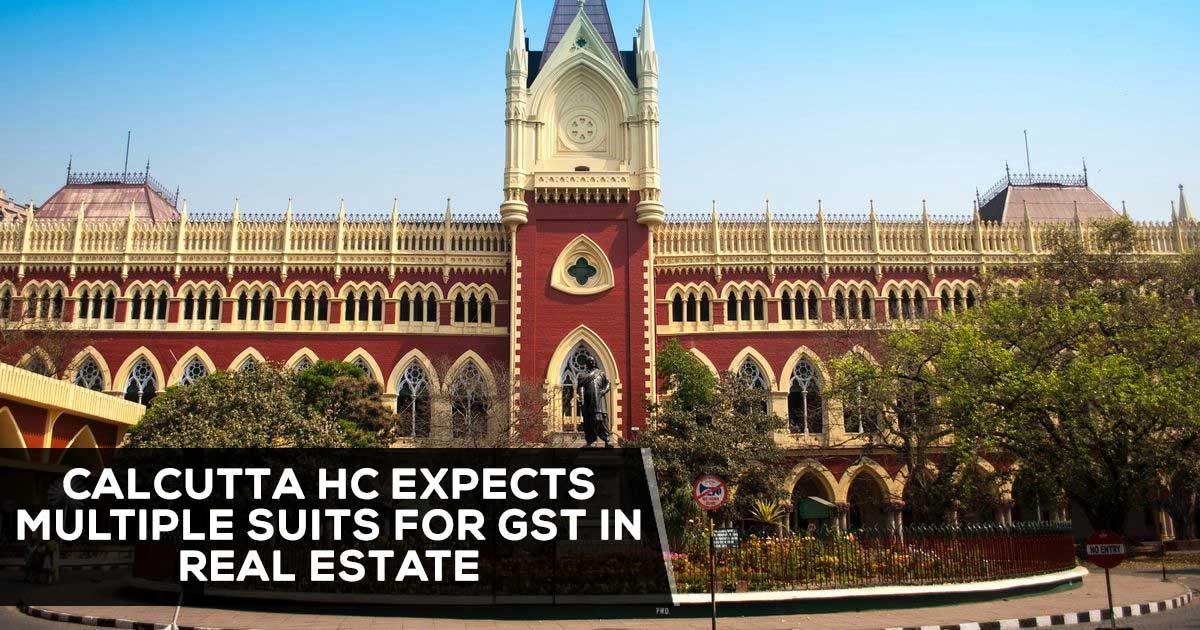As the construction of joint development agreement based properties grows in West Bengal, the Calcutta High Court expects to see a flood of suits being filed about the uncertainty of the goods and services tax applicability on these supplies.
Joint development agreements are getting popular not only in West Bengal but all around the country. In this kind of property construction, the landowners transfer the construction rights to builders or let them construct buildings on their lands usually in exchange for a payment or one or more apartments or both. The GST applicability to such transactions is not clear, says expert.
The matter has already been presented to the High Court by Sinha & Co., a law firm which represents real estate developers in this case. “It is a developing law and there are bound to be disputes during implementation, prompting individuals or builders to take legal recourse,” said Paritosh Sinha, an advocate in the firm.
Read Also: ICAI To Launch New Job Portal with Many New Functionalities
Before this, landowners were not required to pay any tax on the transfer of ownership of the land under a joint development agreement. Besides the supply payment or consideration for the transfer of development rights, only stamp duty was required to be paid. However, the situation is different now, as the new GST law requires both developers and landowners to pay GST on such transfers.
Khaitan & Co.’s executive director Arvind Baheti said, “Besides the need for additional compliances by the landowner under the GST law, the notification has also brought up issues concerning valuation of supply of development rights as the consideration is in kind.”
The new tax law would require landowners to register for GST, file returns and pay tax. They will also now have to maintain accounting books even if they are not willing to take the burden of this extra compliance. This effectively puts them under the radar of tax authorities, said Baheti.
The main issue is of confusion about the exact point in time when tax liability arises which would decide which party will be paying the tax. This may even create a conflict between developers and landowners, if not resolved at the earliest. While the landowners want to pay tax when entering into the development agreements so as to be able to save on interest and recover the tax from the builder, however, builders do not want to pay GST until the transfer of development rights so that they do not have to pay interest, said tax experts.
Recommended: MSMEs Request For Easy GST Return Filing System
There is also an ambiguity over the actual value on which GST should be paid while transferring the development rights. If the landowner has paid GST on a lower value than the actual amount, they might not be able to claim input tax credits of the same.










